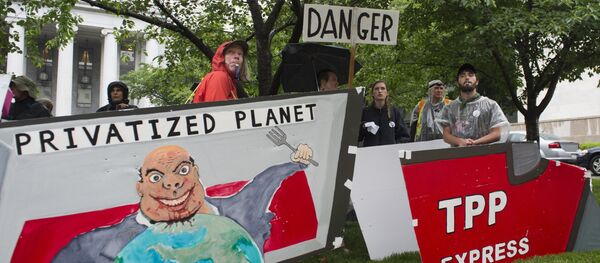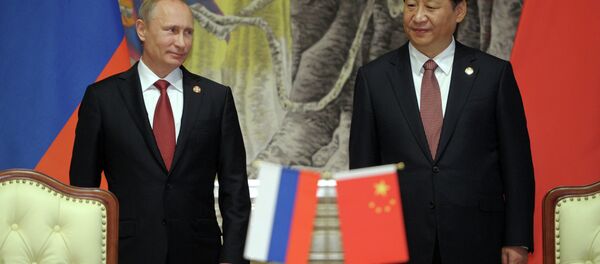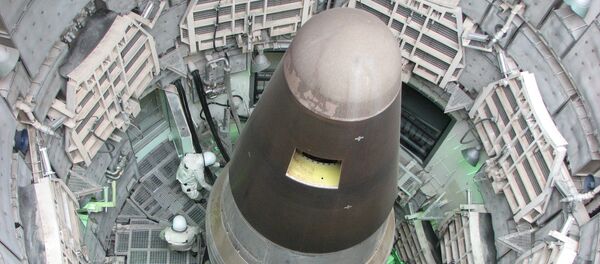Director of the Economic Growth Program at the New America Foundation Sherle R. Schwenninger pointed out that although Barack Obama vowed to end the "wars of occupation" in Iraq and Afghanistan and to reset Russo-American relations, he has finally found himself fighting on multiple fronts.
"Now, after being "pulled back in" by liberal interventionists and neoconservative hawks both inside and outside his administration, he finds himself pursuing a new open-ended war against the so-called Islamic State, prosecuting an expanded counterterrorism campaign from Central Asia to North Africa, overseeing a new Cold War with Russia, and pivoting toward what could become one with China in East Asia," the scholar elaborated.
Mr. Schwenninger underscored that while the US President's critics are accusing Barack Obama of hesitancy, "the failure of Obama's foreign policy" is that "it has embraced many of the very positions that Obama's interventionist opponents have advocated."
"In so doing, it has failed to protect America's most important national interests," the expert stressed.
Blaming the White House for its Middle Eastern policy, US experts point to Washington's role in the Yemeni crisis.
"Yemenis have good reason to hold the US responsible for the war that has devastated their country. The US is particularly responsible for the campaign's attacks on civilian areas because it is actively aiding the Saudis in their operations. US officials are understandably embarrassed to talk about this," US conservative publicist Daniel Larison noted.
While Washington was beefing up its military presence in Eastern Europe, citing Russia's imaginary "threat," Moscow and Beijing have jumped at the opportunity to reshape the Eurasian economy, bringing under their umbrella a vast number of Central/South Asian and former Soviet states.
Furthermore, when the United States was speculating about its "Asian pivot" and teasing the Chinese Dragon, Beijing kicked off its ambitious New Silk Road project, aimed at cementing Eurasia's heartland and gradually expelling Washington from the region.
And that is not all. Preoccupied with its foreign policy, the Obama administration neglected the country's most important domestic tasks: namely, to reduce inequality and rebuild the American middle class.
"We should be working with our international counterparts to strengthen the world economy and create jobs. In this way, we might be able to break our downward drift toward endless war in the Middle East and new Cold Wars in Europe and Asia," Mr. Schwenninger noted.
In order to realign Washington's foreign policy to support its domestic agenda, Obama would have better considered curtailing military commitments and promoting programs to expand investments and jobs inside the country.
Or as American conservative political commentator Patrick Joseph "Pat" Buchanan put it: "Our agenda in that decade was — stay out of wars that are not our business, economic patriotism, secure borders, and America first."





